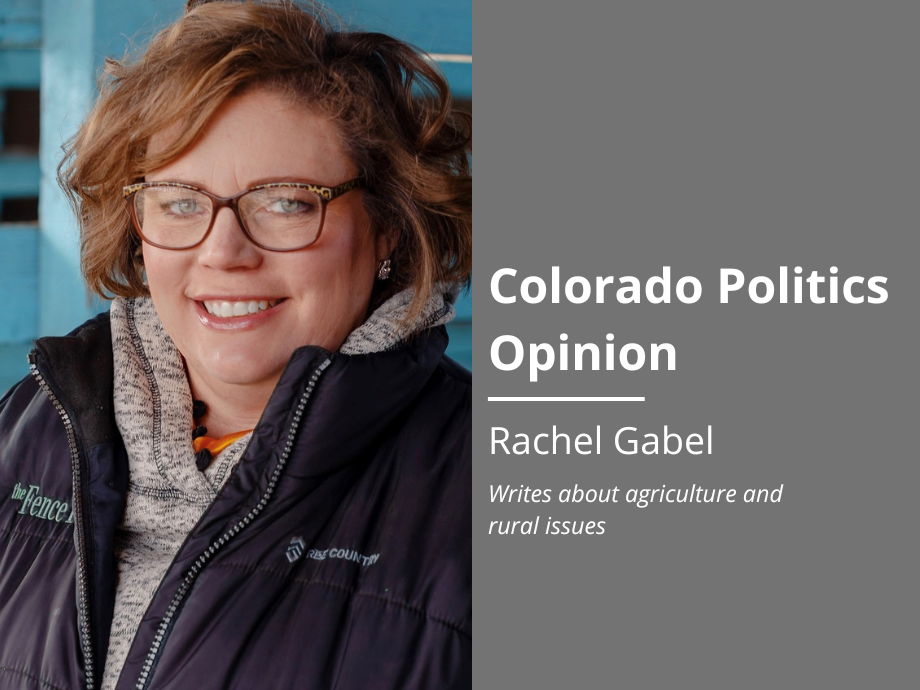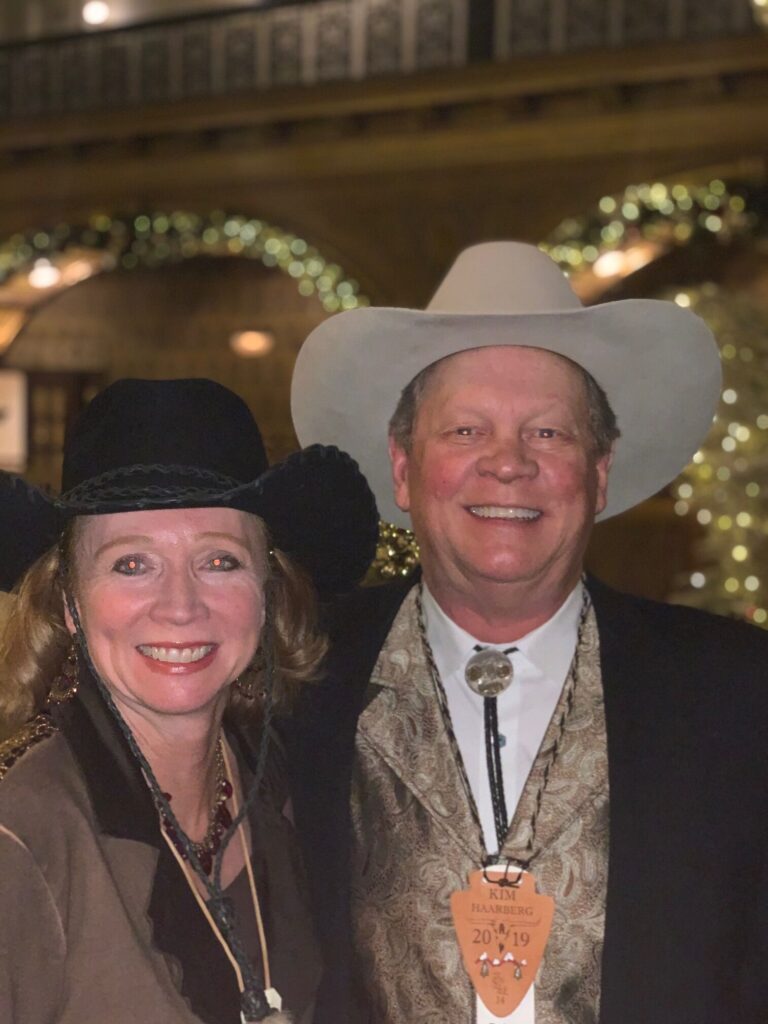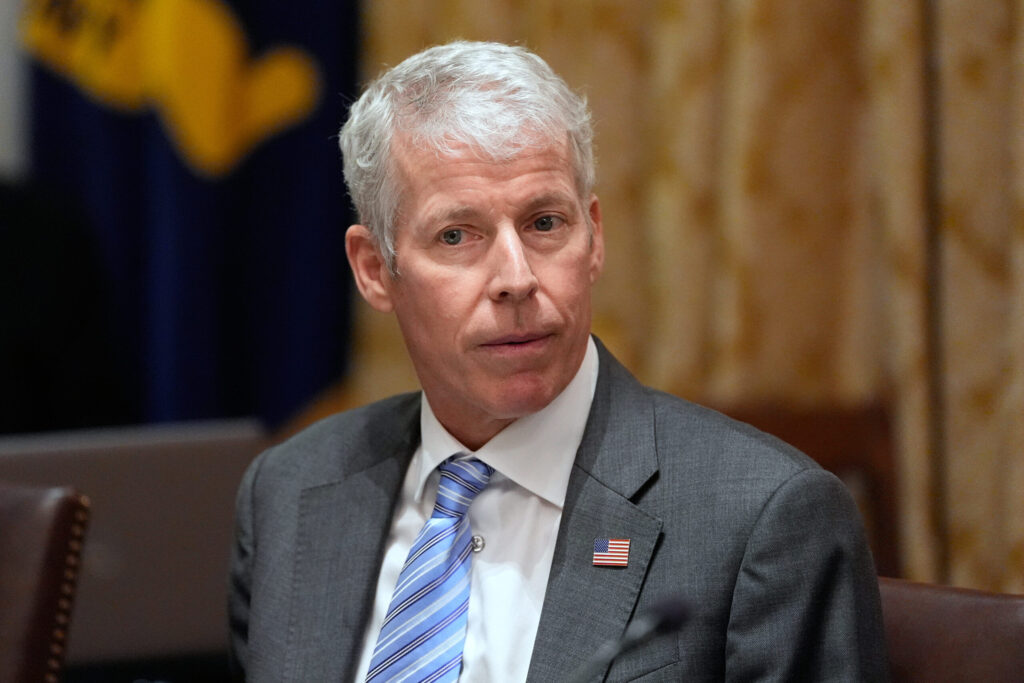Wildlife management about science, not marketing | GABEL


There is no more frightening individual – not one with a gun nor an agenda – than a voter informed by marketing campaigns. There have been two anthropomorphic pitches tossed to voters recently and it’s an insult to people who think and reason.
Julie Marshall, a national communications coordinator for Animal Wellness Action and Center for a Human Economy, wrote a guest column titled “I asked a mountain lion for her opinion of the ballot measure to end trophy hunting, Here’s her review.” Even my animal-loving, save-the-world 15-year-old self would have scoffed.
Marshall’s piece depends on emotional terms like “trophy hunting” right out of the gate, and then in a reflection of Disney fiction goes on to offer the thoughts of a mountain lion named Leila. Leila, who has apparently been listening to wolf restoration stakeholder meetings and commission public comments, is familiar with Dan Gates. Gates, who is the president of the Colorado Trappers and Predator Hunters Association and a staunch supporter of the North American Model of Wildlife Management, is tied in the piece to the imaginary shooting of the imaginary mountain lion’s imaginary sister, Val.
Stay up to speed: Sign up for daily opinion in your inbox Monday-Friday
As a Colorado voter, I’m offended in much the same way I’m offended when mechanics bend down to explain something to my little lady brain slowly and softly.
Cats Aren’t Trophies has been seen around town collecting signatures, complete with a giant stuffed animal of the polyester variety and even Ellen Kessler with a clipboard. According to a release from the group, lots of children are drawn to the big toy, which I’m sure is a lovely segue into their parents signing the petition. If my eyes rolling was audible, you would have heard it.
In another release from the group by Samantha Miller, CATS’ campaign manager, Colorado has a “Fish and Wildlife Commission that represents extremist views.” If the campaign manager isn’t aware of the correct title of the Colorado Parks and Wildlife Commission, I can only imagine the accuracy of their unbranded fact sheet encouraging people to contact their senators to confirm the three most recent nominees to the commission by Gov. Jared Polis.
In nearly every release, Miller doubles down on the trophy hunting verbiage to paint a picture of mountain lions killed and abandoned for their heads and hide. This is, of course, illegal as mountain lions are a big game species and hunters are required to prepare the meat for human consumption. She calls trophy hunters “remorseless,” “ruthless” and “merciless.”
None of this lends one iota of credibility to the group.
I’m not a hunter. I don’t object to it. And I believe, even as the CPW suits work to earn back the trust from landowners, ag producers and rural voters, that wildlife management ought to be left to the hundreds of biologists on their payroll. Revoking the rights of mountain lion hunters flies in the face of the North American Model, takes money out of the pockets of every business in many small towns, and shoulders CPW with additional costs to manage mountain lion populations. According to CPW, the lion population is steady or larger than previous years and taking hunting off the table forces CPW to manage numbers.
Colorado’s 6 million residents encroach on wildlife habitat every day and some species, mountain lions among them, are managed to avoid conflict. Taking hunting, which is a management tool, out of the CPW toolbox is foolish.
In the same vein, an opinion piece by Clint McKnight also appeared in a number of publications to pen a fictional account of what the wolves’ first few months in Colorado may have been like. It picks up where the pool coverage of the wolf releases left off with the wolves running “through the bright threshold, he sees a field of winter grasses laced with snow and a line of juniper trees. After a moment, he bolts for the trees, disappearing into their shadows. And he keeps running.”
Consider this your spoiler alert that the two wolves find one another, dine on an elk, and become a family.
Lending human characteristics to animals, especially cute or pretty ones, is effective marketing but that’s what it is. Wildlife management isn’t about tear jerkers and magic. It’s about science and that is where it needs to remain.
Rachel Gabel writes about agriculture and rural issues. She is assistant editor of The Fence Post Magazine, the region’s preeminent agriculture publication. Gabel is a daughter of the state’s oil and gas industry and a member of one of the state’s 12,000 cattle-raising families, and she has authored children’s books used in hundreds of classrooms to teach students about agriculture.













